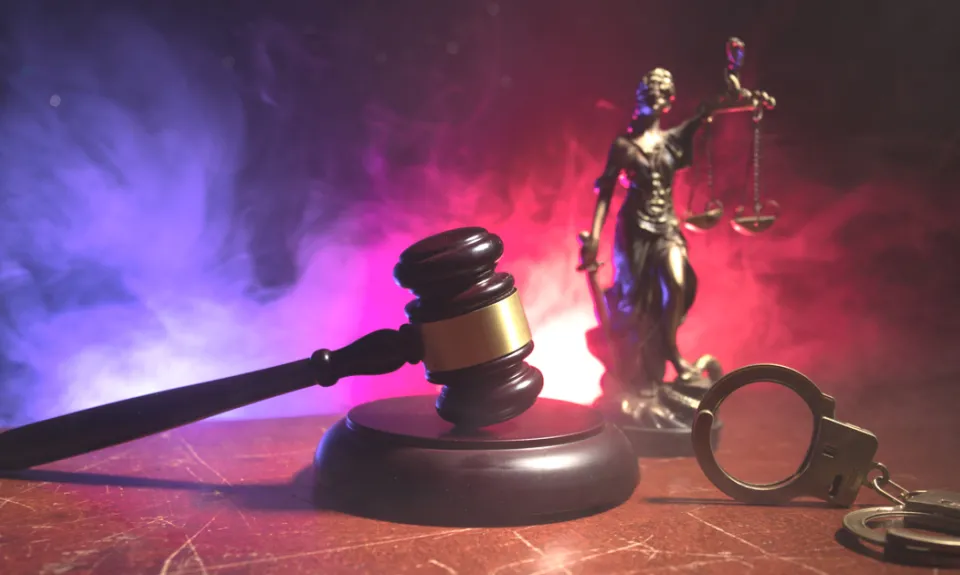“Confirmed Judges, Confirmed Fears” is a blog series documenting the harmful impact of President Trump’s judges on Americans’ rights and liberties. Cases in the series can be found by issue and by judge at this link.
Trump Ninth Circuit judge Danielle Forrest (prev. Hunsaker) cast the deciding vote in a 2-1 ruling that upheld a verdict excusing a city from liability for a police officer’s blatant misconduct, even though the lower court excluded important evidence that could have shown that the city approved of the misconduct and was therefore partly responsible. The July 2021 decision was in Garza v City of Los Angeles.
Daniel Garza was severely assaulted and injured by Los Angeles off-duty police officer Mario Cardona, who apparently disapproved that Garza was dating Cardona’s stepdaughter. A jury held Cardona liable and awarded some damages to Garza, who then proceeded to trial against the city on a theory that it had approved of and ratified Cardoza’s unconstitutional conduct when it promoted him to sergeant “shortly after” the verdict against him.
The lower court judge, however, excluded important evidence that Garza wanted to use to help prove the city’s responsibility. In particular, the judge excluded an investigative report and related evidence from the police department prior to the first trial that exonerated Cardoza, which led to what the majority itself called “opportunistic flip-flopping” when the city then “denounce[ed] him publicly” during the trial seeking to hold the city partly responsible. In addition, the judge allowed the city to claim that a state law negated the police chief’s ratification of Cardoza’s conduct by approving his promotion without allowing Garza to introduce evidence, such as testimony from the police chief’s deposition, that would have shown the opposite. The jury found for the city, and Garza appealed.
Trump judge Forrest (prev. Hunsaker) was the deciding vote in a 2-1 decision that upheld the lower court. The majority maintained that the exclusion of the evidence was not an abuse of discretion because it was not “beyond the pale of reasonable justification under the circumstances.” In particular, the majority went on, the report exonerating Cardoza was not “probative” of whether the city ratified his conduct by promoting him, and the chief’s testimony at trial meant that his deposition testimony was not necessary.
Judge Johnnie Rawlinson strongly dissented, explaining that the lower court judge improperly “excluded crucial relevant evidence revealing the City’s duplicity” and responsibility, so that Garza should get a new trial. Specifically, she pointed out that under relevant precedent, the report exonerating Cardoza and a letter stating that his actions were “justified, lawful and proper” were themselves “sufficient to establish ratification” by the city for purposes of liability, which was furthered by the promotion, and the evidence should thus have been admitted. Exclusion of the chief’s deposition, Rawlinson continued, erroneously excluded specific evidence that could have supported a finding that the chief had the authority to deny Cardoza’s promotion, directly contradicting the city argument that the chief could not have done so and therefore that the promotion did not constitute ratification.
Holding municipalities responsible where appropriate is an important aspect of promoting accountability for police misconduct, and this case is yet another example of Trump judges doing precisely the opposite. The decision illustrates the importance of the Senate promptly confirming individuals nominated by President Biden, to the Ninth Circuit and all our federal courts, who can help counteract the troubling views and votes of Trump judges.
